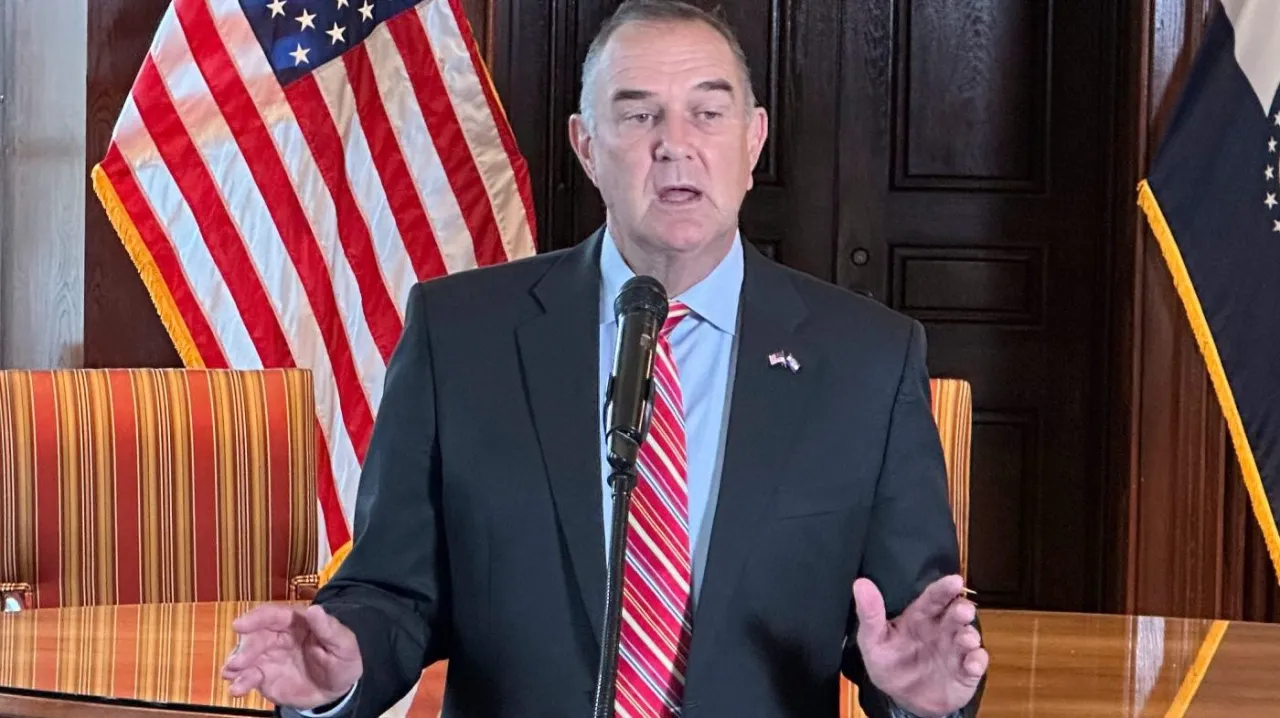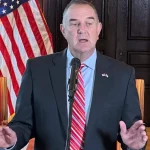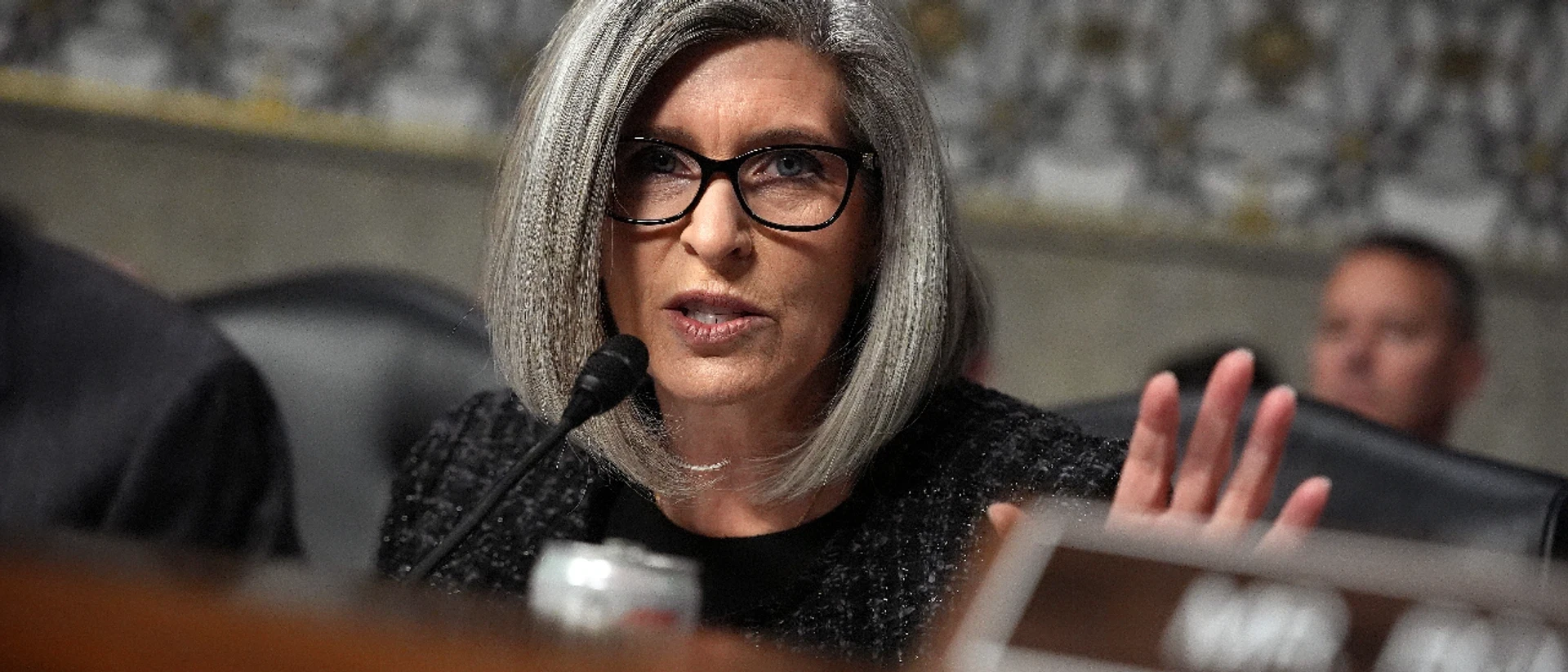In Missouri, the often-overlooked process of redistricting has once again taken center stage in the political spotlight. With disputes mounting over how electoral boundaries should be drawn, Governor Mike Parson has called a special legislative session to address these issues head-on.
- Understanding Redistricting in Missouri
- Why the Governor Called a Special Session
- The Core Disputes Behind the Session
- Historical Context of Missouri’s Redistricting Battles
- Impact on Missouri’s Political Landscape
- The Role of the Courts
- Voices from the Ground
- Economic and Social Dimensions
- How Missourians View the Special Session
- Potential Outcomes of the Special Session
- Lessons from Other States
- The Bigger Question: Democracy and Fairness
- FAQs
- Conclusion
Redistricting is not merely a technical process of drawing lines on a map; it directly influences the balance of political power, representation of communities, and the fairness of elections. In Missouri, like in many other states, the debate over redistricting has become a heated clash of political priorities, party control, and constitutional obligations.
The governor’s call for a special session has raised important questions: Will lawmakers reach a compromise? How will redistricting shape Missouri’s political landscape for the next decade? And, perhaps most crucially, what does this mean for the people of Missouri whose voices are at stake in every boundary decision
Understanding Redistricting in Missouri
Redistricting happens every ten years after the U.S. Census, ensuring that districts reflect population changes. The goal is equal representation, but the process has historically been marred by disputes, accusations of gerrymandering, and partisan power plays.
Why Redistricting Matters
- It determines how many congressional seats each state has.
- It influences who holds political power in Washington and Jefferson City.
- It affects how communities are represented at every level of government.
In Missouri, the stakes are particularly high as lawmakers grapple with the redrawing of both congressional and state legislative maps.
Why the Governor Called a Special Session
Governor Mike Parson announced a special legislative session after regular negotiations on redistricting fell apart in the General Assembly. Lawmakers failed to finalize congressional maps that balance both population shifts and political fairness.
The Governor’s Perspective
Governor Parson stressed the importance of resolving redistricting disputes swiftly:
“The people of Missouri deserve fair maps that reflect our state’s growth and ensure proper representation. We cannot let partisan gridlock undermine this responsibility.”
The urgency is clear. Without finalized maps, Missouri risks legal challenges, delays in elections, and uncertainty for voters and candidates alike.
The Core Disputes Behind the Session
At the heart of the special session lies disagreement over how Missouri’s congressional seats should be divided.
Partisan Divide
- Republicans, who hold majorities in both chambers, aim to maximize their electoral advantage. Some have pushed for a “7-1 map,” where Republicans would likely dominate seven districts, leaving just one Democratic stronghold.
- Democrats, meanwhile, argue for a more balanced “6-2 map,” preserving at least two districts where Democrats could realistically compete.
Legal and Demographic Pressures
- Population shifts, particularly in suburban areas like St. Louis and Kansas City, demand new lines that reflect demographic changes.
- Civil rights groups warn that gerrymandering could weaken the political influence of minority communities.
Historical Context of Missouri’s Redistricting Battles
Missouri has a long history of redistricting disputes, and this is not the first time special sessions or court interventions have been necessary.
Past Conflicts
- In 2011, lawmakers deadlocked over maps, forcing the courts to step in and finalize boundaries.
- In 2018, Missouri voters approved Amendment 1, also known as “Clean Missouri,” which sought to reform the redistricting process by appointing a nonpartisan demographer.
- Two years later, lawmakers passed Amendment 3, scaling back some of those reforms and returning more control to the legislature.
This back-and-forth history underscores the ongoing tug-of-war between partisan control and efforts to make the process more neutral.
Impact on Missouri’s Political Landscape
The outcome of this session will significantly influence Missouri politics for the next decade.
Effects on Congressional Representation
- Missouri currently has eight congressional districts.
- A “7-1 map” would all but guarantee Republican dominance.
- A “6-2 map” would maintain a modest level of competition.
Ripple Effects
- Candidate recruitment and campaign strategies hinge on how districts are drawn.
- Communities of color and urban voters are particularly concerned about losing representation if boundaries are manipulated.
- Rural areas, where populations have declined, may see larger districts that dilute local voices.
The Role of the Courts
If lawmakers fail to reach an agreement during the special session, Missouri courts may once again be tasked with drawing the maps.
Judicial Oversight
- Courts in the past have been seen as a “neutral arbiter,” though critics argue judges should not be setting political boundaries.
- Federal courts may also intervene if civil rights violations are alleged.
This possibility places added pressure on lawmakers to strike a deal during the governor’s special session.
Voices from the Ground
Community Concerns
Advocacy groups in St. Louis and Kansas City have been vocal:
“Redistricting is not just about politics, it’s about people. Fair maps ensure that communities of color, working families, and rural Missourians all have a voice in Jefferson City and Washington.”
Expert Opinions
Political scientist Anita Mann from the University of Missouri noted:
“Missouri’s redistricting battle is a microcosm of the national struggle. It’s about control, representation, and the rules of the game itself.”
Economic and Social Dimensions
Beyond political control, redistricting can affect resource distribution, funding, and policymaking.
Key Impacts
- Federal funding for healthcare, education, and infrastructure is tied to population counts and districting.
- Undermining fair representation can reduce investments in underserved areas.
- Social cohesion is weakened when communities feel disenfranchised by unfair maps.
How Missourians View the Special Session
Public opinion in Missouri is divided, much like in the legislature.
Polls and Surveys
- A recent survey found 47% of Missourians favor a 6-2 map, believing it reflects the state’s demographics more accurately.
- 41% supported a 7-1 map, aligning with Republican calls for stronger dominance.
- The remaining voters were unsure, highlighting the confusion and complexity surrounding the issue.
Grassroots Pressure
Citizens’ groups have mobilized, holding rallies and town halls demanding “Fair Maps, Fair Votes.”
Potential Outcomes of the Special Session
The governor’s call sets the stage for several possible scenarios:
Scenario One: A Legislative Compromise
Lawmakers may find middle ground, likely settling on a 6-2 map that avoids extreme gerrymandering while securing GOP dominance.
Scenario Two: Partisan Stalemate
If Republicans insist on a 7-1 map and Democrats refuse to budge, the session could end in deadlock.
Scenario Three: Court Intervention
Failure to compromise would likely push the matter to the courts, repeating Missouri’s history of judicially drawn maps.
Lessons from Other States
Missouri is not alone in this struggle. Across the U.S., redistricting has sparked legal battles and political showdowns.
National Trends
- In states like Texas, Florida, and North Carolina, redistricting disputes have reached the Supreme Court.
- Some states, like California, have shifted to independent commissions to reduce partisanship.
Missouri’s decision may add to the growing national debate over whether legislatures or independent bodies should draw electoral maps.
The Bigger Question: Democracy and Fairness
At its core, redistricting is not just about politics; it’s about democracy itself. How lines are drawn determines who has a seat at the table and who is left out.
Fair representation ensures every Missourian, regardless of party, race, or geography, has a voice in shaping the state’s future. The special session, therefore, is not just a political showdown but a test of Missouri’s democratic principles.
FAQs
Why did the Missouri Governor call a special legislative session?
Governor Mike Parson called the session after lawmakers failed to agree on new congressional maps during the regular session.
What is the main dispute in Missouri’s redistricting?
The core dispute is whether Missouri should adopt a 7-1 Republican-dominated map or a 6-2 map that offers Democrats some representation.
How does redistricting affect voters?
Redistricting determines how communities are grouped into districts, impacting representation, resources, and election outcomes.
What happens if lawmakers cannot agree?
If no agreement is reached, the courts may step in to draw the maps.
Have Missouri courts drawn maps before?
Yes. In 2011, Missouri’s courts finalized maps after lawmakers failed to agree.
Conclusion
The Missouri governor’s decision to call a special legislative session on redistricting underscores the importance of fair representation and the challenges of partisan politics. The outcome of this session will shape Missouri’s political map for the next decade, determining not just party control but the voices and values represented in government.
At stake is more than just political advantage; it is the trust Missourians place in their democracy. Whether through compromise or court intervention, the demand for fair maps remains clear. The coming weeks will reveal whether Missouri’s leaders prioritize partisanship or the principles of fair representation that underpin American democracy.











